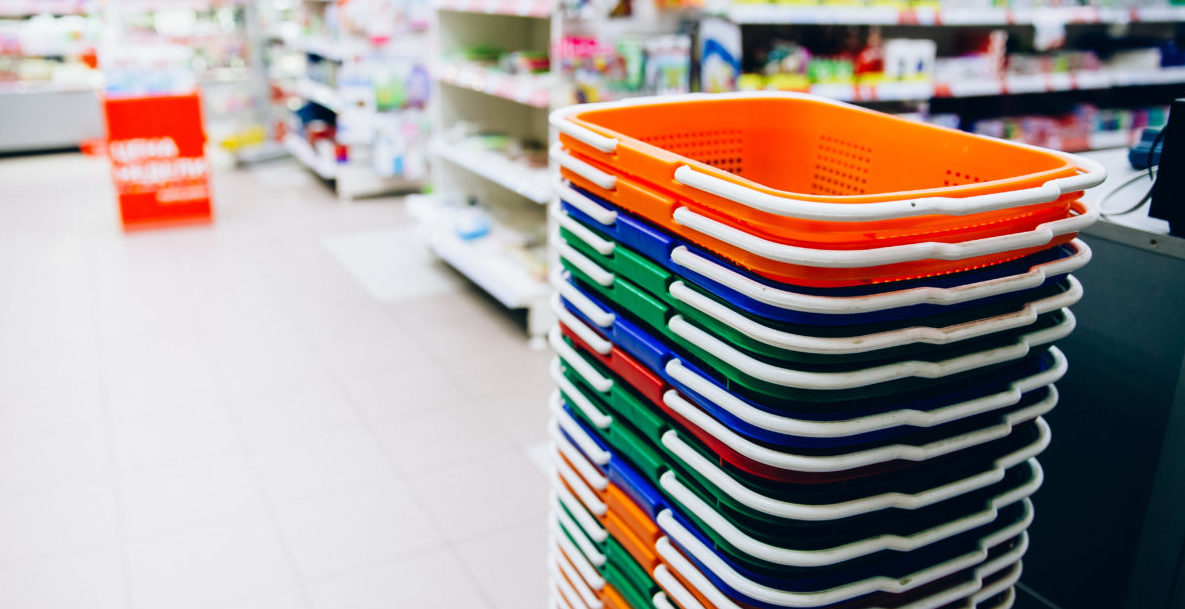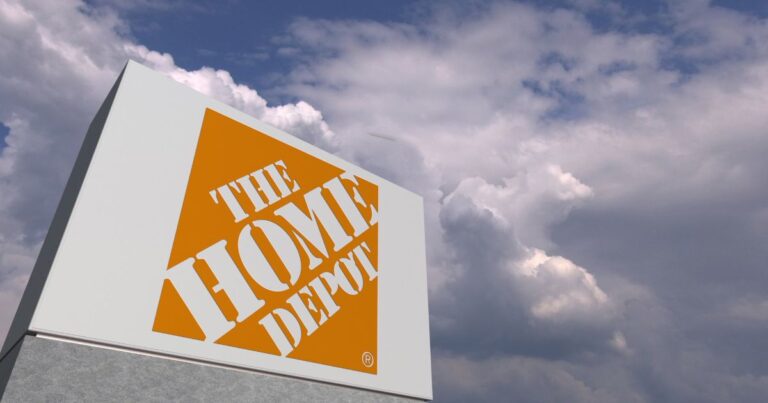As consumers increasingly demand less toxic products and laws require the use of safer chemicals, retailers are requiring suppliers to stop using harmful chemicals in consumer products.
Chemicals included in these voluntary phaseouts include four classes of chemicals that have emerged as a particular concern for the health of both humans and wildlife: PFAS, toxic flame retardants, phthalates, and APEs.
While retailers’ actions are a great step, policymakers must act to pass chemical phaseout laws that apply to ALL product makers and retailers. It’s the only way to ensure ALL people are protected – regardless of their ability to pay or where they shop.
The Pollution Prevention for Our Future Act, currently being debated in the Washington State Legislature, prioritizes chemical classes already targeted for phaseouts by major retailers.
Here is a select list of some of the largest companies in the U.S. that have stopped using priority chemicals listed in the Pollution Prevention for Our Future Act (HB 1194/ SB 5135). (And for even more information on the state of retailers and toxic chemicals, check out Safer Chemicals, Health Families’ Retailer Report Card.)
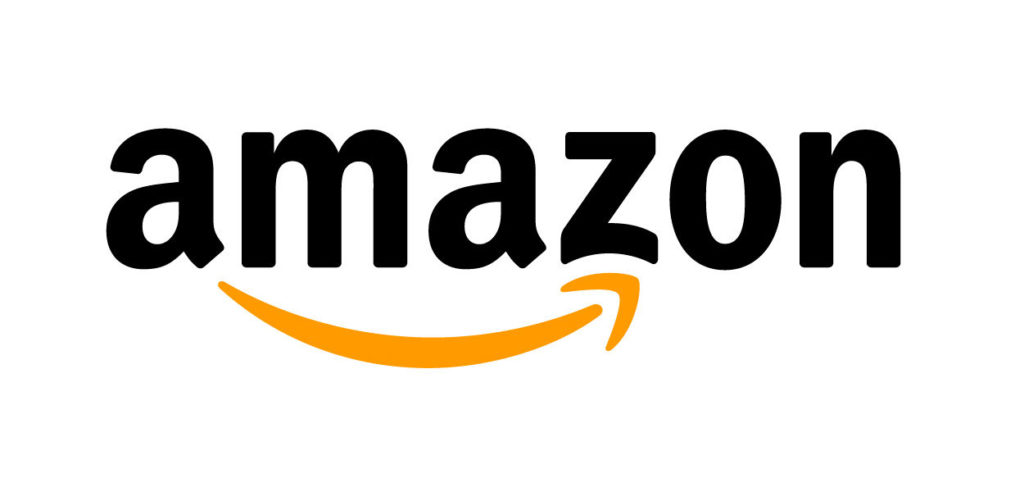
In 2018, Amazon pledged to reduce and eliminate phthalates, and APEs in its private label brand baby and adult personal care and beauty products, as well as in its private label home cleaning products.
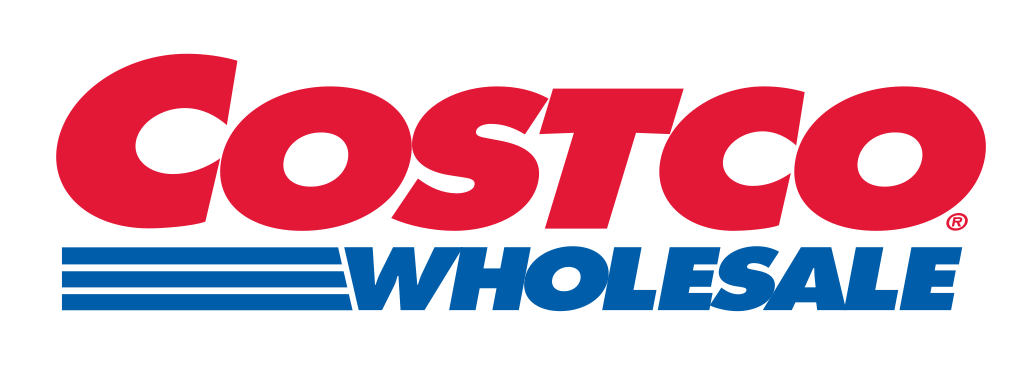
Costco’s Smart Screening Statement includes APES, phthalates, flame retardants, and PFAS for reductions in certain products including apparel, bedding, home goods, furniture, personal care, food packaging and cleaning products.
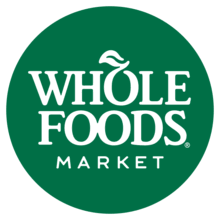
Whole Foods has phased out phthalates and phenolic compounds in its personal care products. The company has also removed take-out containers containing PFAS from stores.
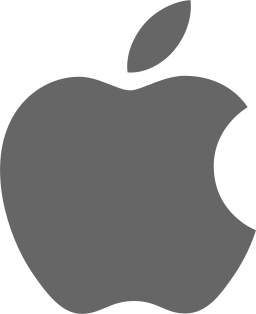
Apple restricts the use of brominated flame retardants and phthalates in certain components of its products. The company incorporates Washington state’s Children’s Safe Products List into its Regulated Substances Specification.
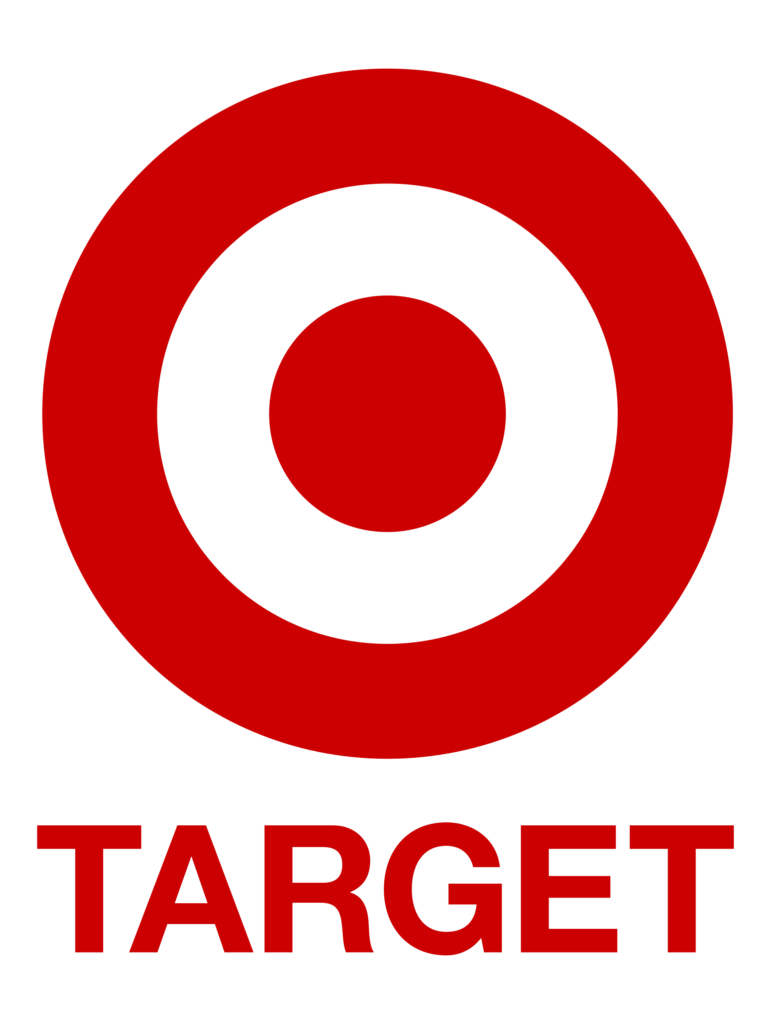
Target’s safer chemicals policy restricts or eliminates phthalates, APEs and BPA in baby care, beauty, personal care, and cleaning products it sells. It also restricts the use of some flame retardants and PFAS in certain textiles.

Walmart’s company policy includes goals to reduce, restrict, or eliminate phthalates and toxic flame retardants from products it sells. The company incorporates Washington state’s Children’s Safe Products List and PBT list into its restricted substances list.
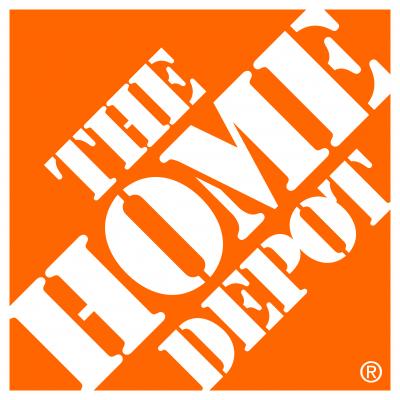
Home Depot’s safer chemicals policy commits to restricting flame retardants, PFAS, and phthalates in certain products, including paints, vinyl and laminate flooring, carpet, and insulation. The company has also committed to phasing out APEs in paint by 2019.

Walgreens’ restricted substances list includes phthalates and APEs in all its private label and “exclusive brand” baby, personal care and household cleaning products.

